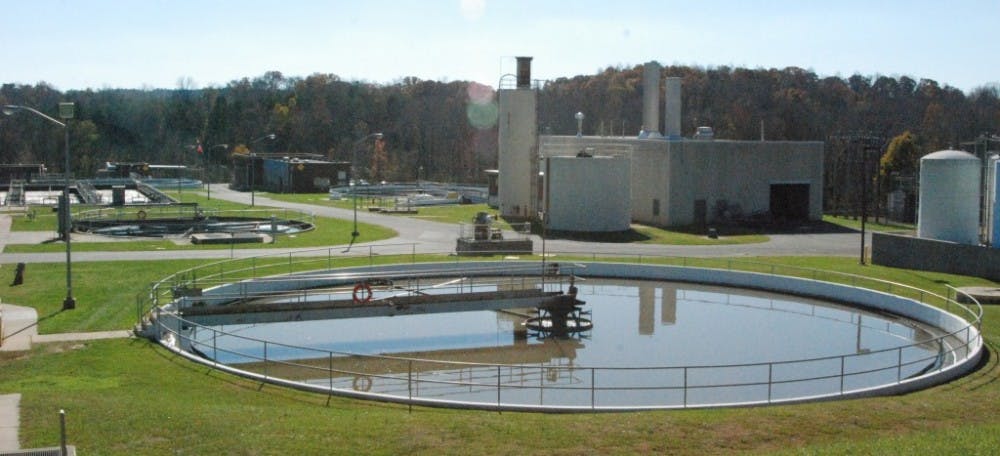As long as there are humans, there is going to be sewage. In Burlington, the majority of treated sewage is applied to farmland as a cheap replacement for fertilizer. But some question the safety of this practice.
In a recent report from the University of North Carolina’s Gillings School of Global Public Health, researchers interviewed 34 North Carolina, South Carolina and Virginia residents who said they lived within a mile of where treated sewage, known as biosolids, was applied. Residents complained about the odor after its application and reported suffering from eye and throat irritation as well as nausea and diarrhea. Residents with chronic conditions such as asthma or a weakened immune system said they stayed inside after biosolid application had taken place.
“Odor by itself doesn’t cause a health risk, but if you’re smelling something, you’re being exposed to other materials that are in that application,” said Janet MacFall, an associate professor of environmental studies and biology at Elon with a primary research focus on soil ecology.
But Eric Davis, Burlington’s water and sewage operations manager, pointed out that the study did not have a control group that had no exposure to biosolid application. Davis said he did not see evidence in the report that the symptoms came after biosolid applications, as the report does not detail when the symptoms began.
“They are simply reporting what others tell them,” David said. “They are not making accusations saying it’s unsafe.”
Biosolids from Burlington sewage are treated to meet EPA guidelines at the Burlington sewage plant. Farmers who wish to apply it to their land may do so for free, a practice that saves them a large amount of money.
The biosolids applied on Burlington farmlands are Class B biosolids. Class A biosolids are completely treated for disease and can be spread on any land.
“Class B kills 99 percent of the bacteria and viruses,” Davis said. “The pathogens that remain are managed by the site restrictions.”
Class A biosolids are created by composting treated sewage, but Davis said this is a very space-intensive process and Burlington does not have the resources to only generate Class A biosolids.
Biosolids cannot be spread on cropland and must have a 100-foot barrier between the application site and wells and creeks. These restrictions, as well as exposure to sunlight and other natural phenomena, are put in place to prevent the spread of remaining pathogens.
“It will break down naturally, but the time of breakdown varies by pathogen,” MacFall said. “Some bacteria and viruses will be killed sooner than others. If it’s a rainy day and it gets washed into a stream, it won’t break down as quickly, either.”
MacFall added that there could be materials in biosolids that will not break down like pathogens.
“If there are materials that don’t break down, not biological materials but chemical materials, like detergents or flame-retardants or any kind of material that might be in wastewater, that can build up on the land,” MacFall said.
Davis said that wastewater in Burlington is tested for flame-retardants.
While biosolids are currently sprayed on top of farmland for application, Amy Lowman, one of the researchers conducted the UNC study, suggested the possibility of injecting the biosolids directly into the soil instead.
“That method means that the substance of the sludge is less likely to become airborne,” Lowman said.
Davis said that injection is effective at reducing odor, but because the biosolids are then covered by the soil, “deactivation of pathogens is less effective.”
In the UNC report, a common complaint among all respondents was that they were not informed about the biosolids application ahead of time.
“If they knew anything about it, it was because they were first feeling some impact in one way or another, leading them to research it and ask questions to find out for themselves what was going on,” Lowman said.
Davis said that there is no regulatory requirement to inform residents that spraying will occur, but the water resources department contacts the local health department before application and puts up signs informing residents about biosolids and giving their permit number and phone number.
“We’ll notify the school system if we’re going to spray near the schools,” Davis said. “We also try to only spray near schools when they are out of session.”


